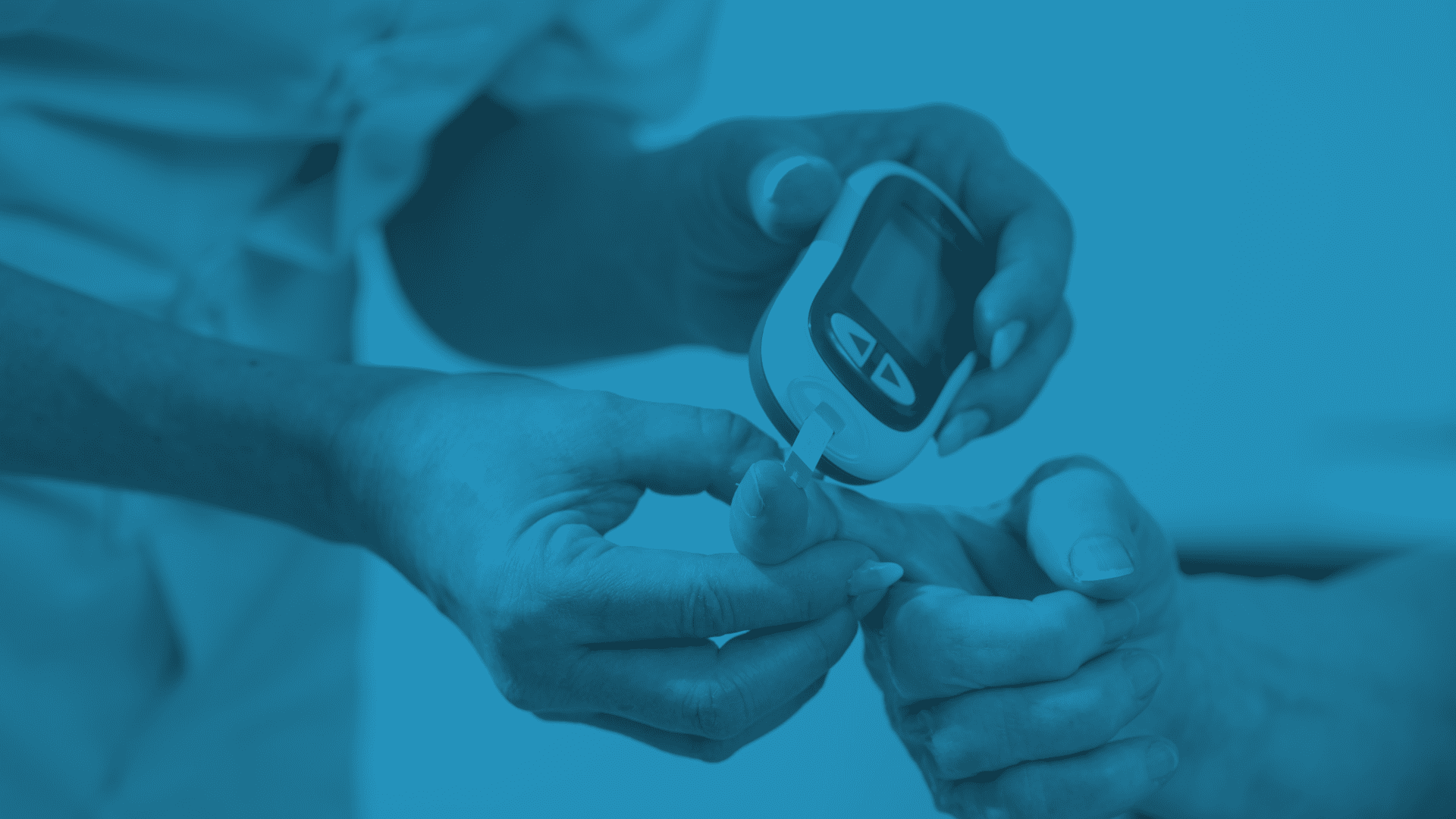Understanding HbA1c and Its Role in Heart Health
What is HbA1c?
HbA1c, or glycated haemoglobin, is an essential measure used to monitor long-term blood glucose levels in individuals with diabetes. It provides a snapshot of average blood sugar levels over the past two to three months. For those managing diabetes, maintaining target HbA1c levels is crucial in reducing the risk of complications, including those related to heart health.
How Does HbA1c Affect the Heart?
High HbA1c levels are associated with an increased risk of cardiovascular complications. Consistently elevated blood sugar can lead to damage in blood vessels, leading to conditions like heart disease and stroke. By keeping HbA1c levels within target ranges, individuals can significantly lower their risk of heart-related issues.
Target HbA1c Levels for Different Age Groups:
Adults with Diabetes
- Target HbA1c: Less than 7%
- Goal: Minimise long-term complications and maintain overall health.
Elderly Individuals
- Target HbA1c: Between 7.5% and 8.5%
- Goal: Prevent hypoglycemia and ensure quality of life while reducing the risk of heart complications.
Also Read:
- Navigating Statin Therapy in the Context of Cardiovascular Risk and Diabetes
- What should be your Blood Sugar Goals
- Lipoprotein(a): The Hidden Enemy of a Healthy Heart
Pregnant Women with Diabetes
- Target HbA1c: Less than or equal to 6%
- Goal: Lower the risk of birth defects, miscarriages, and other pregnancy-related complications.
Children and Adolescents
- Target HbA1c: Close to normal, ideally less than 7%
- Goal: Minimise the risk of long-term health issues, including heart disease.
Key Recommendations:
- Regular Monitoring: Regular HbA1c testing is essential to ensure blood sugar levels remain within the targeted range.
- Lifestyle Modifications:
- Diet: A balanced diet rich in whole grains, fruits, and vegetables can help maintain optimal blood sugar levels.
- Exercise: Regular physical activity is beneficial in managing diabetes and promoting heart health.
3. Medication Adherence:
- Consult with your diabetologist to determine safe and effective medication options tailored to your needs.
- Avoid self-medication and make informed decisions based on professional advice.
4. Collaborative Care:
- Work closely with healthcare providers, including cardiologists and diabetologists, to create a comprehensive management plan.
By understanding and managing HbA1c levels, individuals can not only improve their blood sugar control but also significantly protect their heart health





